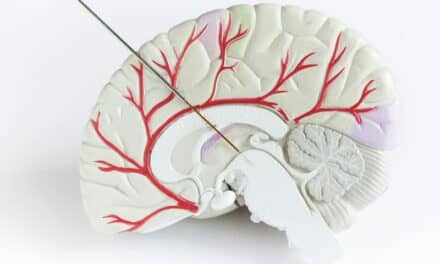A research team from the University of Missouri suggests that, among college football players, injuries and illness are more likely to occur during test weeks than during training camp.
They also suggest, in a news release from University of Missouri-Columbia, that the effects of academic stress on injury occurrences are even more pronounced among starting players.
“Stress is systemic,” says study author Bryan Mann, an assistant professor of physical therapy in the MU School of Health Professions and assistant director of strength and conditioning for Mizzou Athletics, in the release. “Everything players deal with on a daily basis creates stress. They don’t have separate accounts to withdraw from for practice, school, and relationships. Whenever there’s stress, something’s got to give.”
Their study was published recently in the Journal of Strength and Conditioning Research, per the release.
The release explains that researchers studied weekly injury reports for 101 student athletes on a Division 1 college football team during a 20-week season. Sixty different athletes had 86 injury restrictions during the season. The researchers found players were 3.19 times more likely to have an injury restriction during weeks when they had high academic stress, such as midterms or finals, than during weeks when they had low academic stress.
When the researchers compared players’ injury restrictions for weeks of high physical stress—such as training camp—and weeks of low academic stress, athletes were 2.84 times more likely to have injury restrictions, the release continues.
“We know when there will be midterms or finals, and we can plan for these academic stressors and accommodate practices accordingly to minimize the risk of injuries,” Mann says in the release. “Some stressors we can’t predict, but if we know about them, then there are things that we can do.”
Mann suggests in the release that coaches should get to know the athletes and watch how their attitudes change. As attitudes change, he notes, it usually indicates that something else is going on in their lives.
“We’ve got to find those causes so we can be proactive and get the athletes counseling or find other ways to meet their needs,” he states in the release.
[Source(s): University of Missouri-Columbia, EurekAlert]





